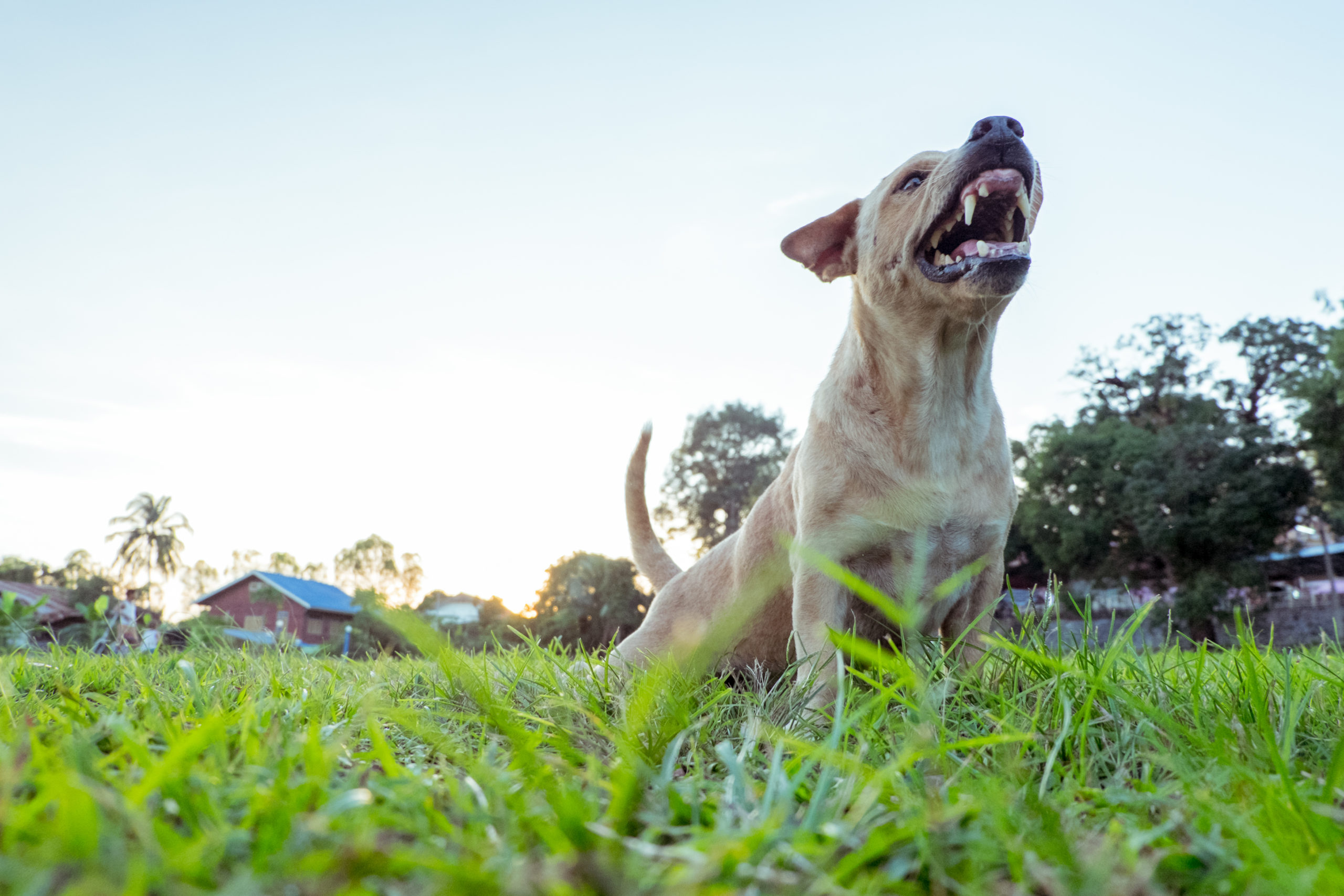
According to the American Medical Veterinary Association, 4.5 million people are victims of a dog bite every year. Of those, 800,000 people require medical attention. More than half of dog bites happen to children, who are much more likely to be hospitalized and suffer severe injuries. Even well-behaved and small dogs sometimes bite people. Typical dog bite injuries include deep cuts, broken bones, head injuries, emotional trauma, and infections. Staph infections can be one of the most dangerous injuries associated with dog bites.
Dog bite injuries can be traumatic and expensive. This fact is particularly true for staph infections. When a dog bites someone, its owner is liable for any resulting damages. Dog owners are also responsible for the injuries’ complications, including when an infection develops. Coming to a settlement with a dog’s owner is the most straightforward way to be compensated for staph infection after a dog bite.
Staph Infections Caused by Dog Bites
Staph infections are one of the most common infections associated with dog bites. The staphylococcus bacteria in a dog’s mouth is what causes staph. A staph infection can begin when this bacteria gets into an open wound and attaches itself to cells. Further, the infection can spread to other body parts, including bones, joints, and organs, if it gets into your bloodstream. The risk of spread makes it essential to treat a staph infection immediately.
The consequences of staph infection can be severe. The infection can cause pneumonia and breathing problems if it gets into your lungs. Staph can also infect your heart, damaging your heart valves and leading to heart failure. In rare cases, staph can also become antibiotic-resistant. Antibiotic-resistant staph infections are challenging to treat and can sometimes cause death.
Risk Factors
Up to 20% of dog bites lead to infections. The severity of a dog bite is the most significant factor in determining your risk of severe infection. A dog bite that doesn’t break the skin creates a near-zero chance of infection. On the other hand, if a dog bite causes a deep wound, it presents a high risk. Scratches and tear wounds are far less likely to develop an infection than crush and puncture wounds.
The location of the wound is another critical factor in determining risk. Injuries on the feet and hands are the most likely to get infected.
Another factor is the breed of the dog who bites you. Any breed, including tiny ones, can cause a deep wound with their bites. So, any dog can cause an infection. Bigger dogs, such as pitbulls, German shepherds, and Great Danes, can cause much more severe wounds and thus create a higher risk of infection. Some breeds also have a higher attack rate. Dogs with a higher attack rate will cause more infections.
Symptoms of Infection
There are many symptoms of staph infection. These symptoms often mirror the symptoms of other diseases. Keeping an eye out for signs after a dog bite will help determine if you need to call a doctor. Staph symptoms include:
- Boils or sores,
- Discharge,
- Painful rash,
- Redness,
- Swelling,
- Blisters,
- Burning sensation,
- Diarrhea,
- Fever,
- Nausea/vomiting,
- Muscle aches,
- Confusion,
- Stomach pain,
- Headache,
- Chills, and
- Joint pain.
You should consult a doctor if you develop any of these symptoms after a dog bite.
Dog Bite Liability
You may have heard that a dog owner is liable for dog bites only when they have reason to believe their dog would bite someone. This assumption is mistaken in Washington State. Under Washington law, dog owners are strictly liable for the injuries caused when their dog bites someone. Strict liability means that if a dog bites you, its owner must pay for any damage the dog bite leads to, including infection, even if the dog had never previously shown any vicious tendencies.
Dog owners have one primary defense when their dog bites someone and causes injury. It is called a provocation defense. This rule means that if you provoke the dog into attacking you, the dog owner is not liable for any resulting injury. However, the burden of proof for provocation is on the dog’s owner. In other words, a dog’s owner must provide proof that the victim provoked the dog to avoid compensating the victim.
A second factor that could affect a dog owner’s responsibility for their dog biting someone is whether the victim was unlawfully on the owner’s property. In Washington State, the owner is not liable if you are trespassing on someone’s property and a dog bites you. However, the dog owner is still responsible if the victim was on the dog owner’s property for any lawful reason. For example, a dog owner is liable if their dog bites a mail person while delivering mail to their doorstep. A dog owner is also responsible when a guest gets bitten by their dog.
Dog Bite Claims
Homeowners insurance companies usually pay damages after a dog bites someone. In 2021, dog bite victims filed almost 20,000 homeowners insurance claims. These claims paid out $882 million in compensation throughout the year. The average claim was just over $49,000 dollars.
Compensation for Dog Bite—Staph Infection
Recovering from a dog bite can be a painful process. Visits to the doctor, medical bills, and spending time in recovery can cause stress and anxiety. These stressors happen on top of the pain and suffering caused by the initial attack. You don’t have to go through it all alone.
If you are seeking compensation for staph infection after a dog bite, the attorneys at Brett McCandlis Brown & Connor PLLC can help. Our skilled team will assist you through every step of the process. We offer free consultations to help determine if you are eligible to be compensated for staph infection after a dog bite. Our attorneys will also assess any other injuries you have that could lead to compensation. At Brett McCandlis Brown & Connor PLLC, we take the time to get to know you and your case, so we can zealously advocate for you. Let us handle your case so you can focus on your recovery.


